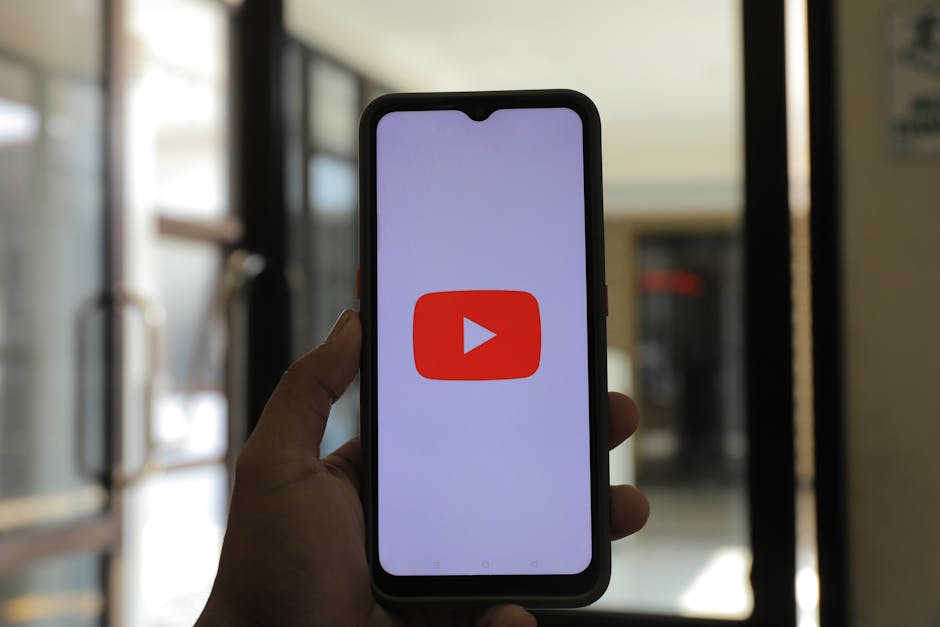Knowing how to sell your course online is a wonderful way to make money online. With just about any niche, you can create your course or pick a pre-existing one that will generate income for you.
With the right marketing strategies, you can sell out of its site within a few days. There are many ways to market these sites, so there’s no wrong approach!
Here are some tips to help you get started as a seller. Keep in mind that most people begin by selling what’s known as “Package” courses. These are courses that include both the material and certification (if applicable).
This article will go into more detail on how to start offering packages and earn extra revenue from yours.
To sell your course online you need to create a marketing page

So now that you have your course ready for sale, it’s time to create a marketing page to show it off to people.
You can use one of the many free websites or apps that offer professional-looking pages and promotional tools. These are typically paid services with a monthly subscription cost, but some give away their products and services for nothing.
Some examples of these sites include Wix, Squarespace, Google Suite, Shopify, and Facebook. They all look similar and most let you add content and designs yourself.
They also all have easy-to-use interfaces that don’t require too much expertise. This is good because even if you aren’t very artistic, you won’t need too much talent to produce an effective website.
Many of these platforms also offer ways to connect your site directly to social media accounts so that you don’t have to go through a third-party tool like SharePoint to do that.
Create a course outline to sell your course online

With all of this talk about selling courses online, what most people do not know is how to create your course outline. This article will go into detail on how to make your course sound interesting and educational!
Your course outline is an important part of marketing yourself as an instructor. It helps set up your course and gives potential students some insight onto what you plan to teach during the lessons.
By doing this, they can get a feel for if your teaching style is something that would be valuable to them or not.
It also helps determine if someone should purchase your course by looking at the content and level of each lesson. Some may find it too basic while others may find it too advanced.
What are we going to discuss?
Topic and bullet point introductions
In this section, we will be talking about how to introduce yourself to your audience. More specifically, we will be discussing how to use topic and bullet point introductions in your social media posts.
This article will tell you different types of topic and bullet point introductions, why you should use them, and examples of both. If you’re already using either type of introduction, then no need to change anything else just yet! You already have done so well though, so keep rocking!
If there is anyone out there who does not use either type of intro, I would suggest trying one out for themselves.
Learning to market your course will help you to sell your course online

As we mentioned before, marketing is an ever-evolving field that requires you to be aware of what strategies are working for other marketers to succeed. With that said, there’s one area most people get very confused or even overwhelmed about – how to advertise their product.
Most individuals start trying to do things like create blogs, put up social media profiles, launch a website, and begin advertising it through Google and Facebook!
All of these things are great ways to gain some initial exposure for your products and services, but they don’t usually last long. This is because no matter how hard you try to promote your business, someone else always comes along and beats you to it.
There’s just too much competition in this industry to assume anyone will drop all their current projects and work on yours exclusively. This is why having a well-designed advertisement strategy is so important.
A good way to approach this is by creating your style. If everyone is doing something with red colors, use those colors! Or if they’re using pictures with testimonials, add some of those into your ads as well.
Your advertisements should clearly state who your target audience is, and what your service or product offers, and include a call to action (like “buy now”). Make sure everything is relevant and clear so your potential customers can easily understand what you’re offering.
Provide marketing materials

After you create your course, you will need to start promoting it! You can do this by up-selling other products or creating new courses that are related to yours.
Up-selling is the selling of an additional product or service that comes after the initial purchase. For example, if you sell shoes, you could advertise a pair of boots for sale.
The advertisement may refer to how well they fit or what size person would look good in them etc. Then, you could add “buy one shoe and get the second free” or something similar.
This is called indirect selling as you are not directly telling people to buy the second item but instead suggest them through advertising. Indirectly, you make money off the first item and then profit from the second one.
A great way to begin up-selling is to take some time to read about successful marketers and sellers. You can also watch YouTube videos to see how they promote their products and services.
Create a website

After you have your course ready, it’s time to create your online store! There are several good ways to do this, so we will go over some of them here.
First, you can use a free platform that allows you to quickly set up an online store. Some examples include Shopify, WooCommerce, and Amazon Seller Tools. These offer pre-designed templates you can customize or choose not to make yours personal.
Second, many third-party apps and services help streamline shopping for sellers. Add these as products to your site and they will take care of the rest!
Third, if you already have a domain name and access to either a WordPress or HTML web hosting account, you can simply open a self-hosted WordPress website through WP Engine, A2 Hosting, or any other reputable web host. This way you control all of your website settings and content yourself!
Last, but certainly, not least is picking out your favorite color and customizing your look with easy-to-edit fonts and colors.
Connect with customers to sell your course online

After deciding what you want to teach and putting together your course, now comes the hard part – how to sell it! There are many ways to go about this, but one of the best is by connecting with other people who may be in similar positions as you and could benefit from your knowledge.
You can create free accounts on all sorts of platforms like Udemy or Teachable so that anyone can access your content for no cost. Or you can pay to run an interactive lesson or two on YouTube or Facebook.
Both of these options use paid advertisements which can make money for the site running them and for you as an instructor! Many students will find your lessons helpful so this is a great way to generate revenue.
Running a giveaway is another way to connect with potential students. By giving away your products, you spread the word yourself while also creating new business opportunities.
Distribute content

After you decide what type, of course, you will create, how it will be structured, and what lessons you will include, your next step is to start creating valuable educational material that people can access through different distribution channels.
This could mean writing an eBook or PDF diary entry that you sell online as a product, filming tutorial videos that you share on YouTube and Vimeo, or creating interactive courses that you put onto various platforms like Udemy, Teachable, and Skillshare.
All of these types of digital content are distributed via the internet so they require no special equipment or software to use them. This means anyone can upload and view yours for free!
Many websites offer reward programs where you get points towards new products by uploading and sharing materials. These rewards are usually in form of discounts or credits on the vendor’s site.
The more people who interact with your material, the better chance someone will buy it from you. Therefore, try to spread value for others and yourself by posting and sharing things frequently.
Encourage reviews

One of the biggest ways to promote your online course is by encouraging other people to review it. People love to talk about their favorite brands, products, and services so why not create a site or app that allows them to do just that?
You can even pick and choose who gets to write a review. For example, you may want to limit it to individuals within your community that has purchased your product, or maybe only professionals in the field can add an honest opinion.
By creating a valuable resource that helps others learn more about you, you’ll be increasing engagement and exposure for your business.
Running a giveaway is another way to invite people to leave a review. You could give away free lessons, a one-month membership, or anything else related to your courses. The winner receives the content free of charge! These strategies will help you to sell your course online.
How to sell your self-help course
One of our most popular self-help courses is also one of the easiest to market. It’s quite straightforward.
The course goes into detail about how to motivate yourself to achieve your goals, which can be tricky at times. By offering a free lesson, we’re inviting potential buyers to check out the material for themselves.
Some of the benefits include learning how to manage your stress, find motivation, and understand what makes you feel happy or unhappy with where you are in life. These are all important tools to help you improve your quality of life.
























































